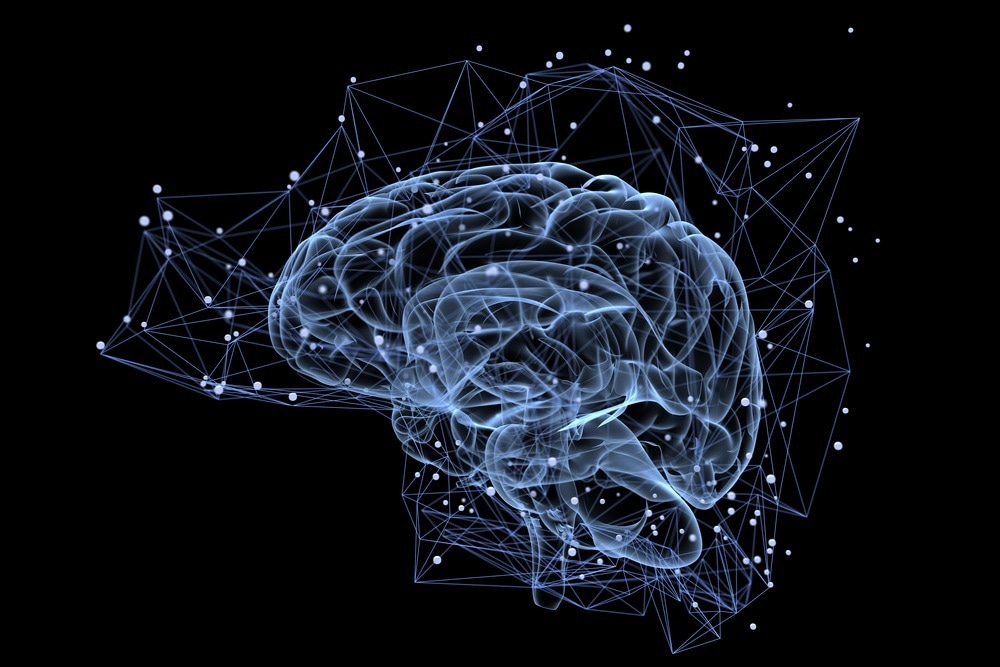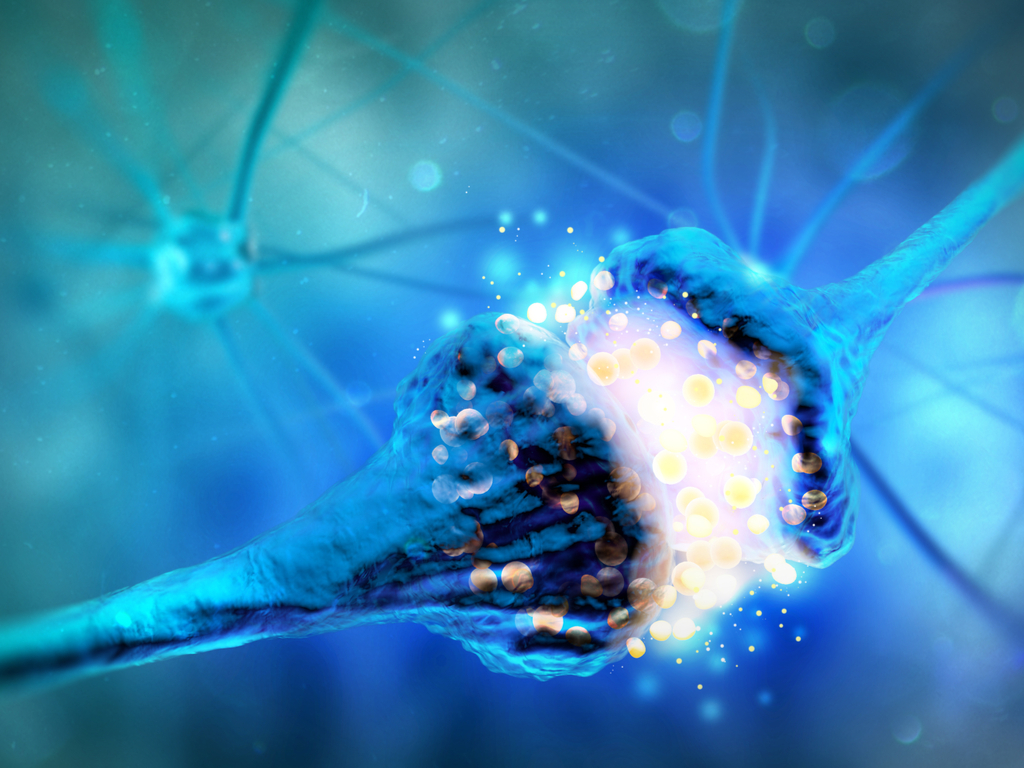The Science of Happiness: Neurochemical Factors and Emotional Wellbeing
Welcome to the world of happiness – not just the warm fuzzies and fleeting moments of joy, but the intricate dance of neurochemicals that shape our emotional landscape. Today, we're delving into the fascinating realm of the science of happiness, exploring the neurochemical factors that underpin our emotional well-being. Buckle up as we journey through the inner workings of your brain and discover the keys to unlocking lasting happiness.
What is the Science of Happiness?
At its core, the science of happiness seeks to understand the mechanisms behind what makes us happy and why. It's not just about chasing pleasure or avoiding pain but about cultivating a deep sense of contentment and fulfilment that sustains us through life's ups and downs. While happiness may seem elusive and subjective, researchers have uncovered a wealth of insights into its neural underpinnings.
Key Aspects of the Science of Happiness
1. Neurochemical Players:
Our brains are a chemical soup, with neurotransmitters like dopamine, serotonin, oxytocin, and endorphins playing starring roles in our emotional experiences. Dopamine, often dubbed the "feel-good" neurotransmitter, surges when we anticipate rewards or experience pleasure. Serotonin regulates mood, sleep, and appetite, while oxytocin fosters social bonding and trust. Endorphins, our natural painkillers, flood our system in response to stress or exertion, producing feelings of euphoria.
2. The Happiness Set Point:
Ever noticed how some people seem naturally happier than others, regardless of their circumstances? That's because we all have a happiness set point, a baseline level of subjective well-being that's largely determined by genetics. While external factors like wealth, status, or life events can influence our happiness temporarily, we tend to gravitate back to our set point over time. However, the good news is that our set point isn't set in stone – we can actively raise it through intentional practices like gratitude, mindfulness, and acts of kindness.
3. The Hedonic Treadmill:
Have you ever splurged on something you thought would bring lasting happiness, only to find yourself back at square one soon after? Welcome to the hedonic treadmill, a phenomenon where our desires constantly escalate, leading to a never-ending pursuit of pleasure that ultimately fails to satisfy. This treadmill effect highlights the importance of shifting our focus from fleeting pleasures to more enduring sources of fulfilment, such as meaningful relationships, personal growth, and contributing to something greater than ourselves.
4. The Power of Mindfulness:
In a world filled with distractions and demands, cultivating mindfulness the practice of being fully present and aware in the moment has emerged as a potent antidote to stress and dissatisfaction. Research has shown that regular mindfulness meditation can reshape the brain, strengthening neural circuits associated with attention, empathy, and emotional regulation. By training our minds to observe our thoughts and feelings without judgment, we can break free from automatic patterns of reactivity and find greater peace amidst life's chaos.
Relevance of the Science of Happiness
In an era marked by rising rates of depression, anxiety, and loneliness, the science of happiness offers a ray of hope. By understanding the neurochemical foundations of our emotional well-being, we gain valuable insights into how we can cultivate a more fulfilling and meaningful life. From simple daily practices like expressing gratitude or connecting with loved ones to more profound shifts in mindset and behaviour, the journey to happiness is both personal and universal.
Consider the case of John, a high-powered executive who seemed to have it all – a corner office, a six-figure salary, and a luxury car. Yet, beneath the veneer of success, John grappled with a persistent sense of emptiness and burnout. It wasn't until he stumbled upon the science of happiness that he realized true fulfilment wasn't found in external achievements but in nurturing his relationships, pursuing his passions, and savouring life's simple pleasures. Armed with this newfound understanding, John embarked on a journey of self-discovery, prioritizing his well-being and reclaiming his joy.
Conclusion
As we conclude our exploration of the science of happiness, I invite you to reflect on your own quest for emotional well-being. What neurochemical factors shape your happiness, and how can you harness them to lead a more fulfilling life? Whether it's savouring a sunset, practising gratitude, or lending a helping hand to a stranger, every small step towards happiness is a victory worth celebrating. So, let's embrace the science of happiness, not as a distant theory, but as a practical guide to living our best lives. After all, the pursuit of happiness isn't just a noble endeavour – it's our birthright as sentient beings seeking meaning and connection in a vast and wondrous universe.







Comments
Post a Comment